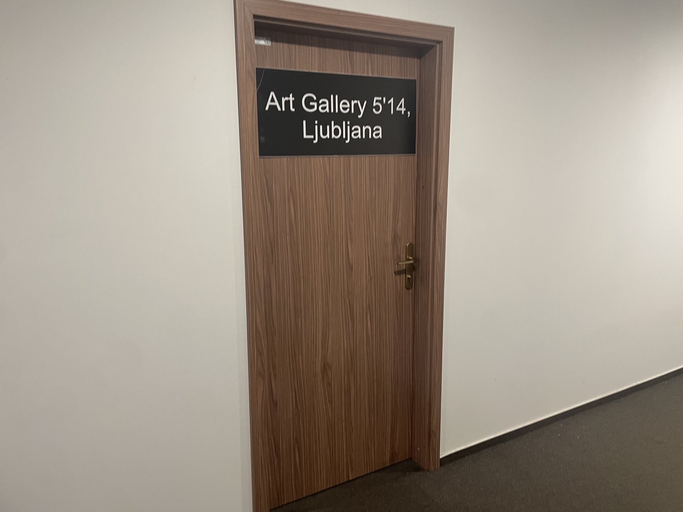 Dultsev,espionage,intelligence,Putin,Russia,Russian spies,sleeper agents,Slovenia
Dultsev,espionage,intelligence,Putin,Russia,Russian spies,sleeper agents,Slovenia
 No comments
No comments
Tinker, Tailor, Carefully Curated Art Dealer Spy
For years, Dultsev and Valerievna Dultseva lived what seemed like a perfectly normal life in Slovenia. They presented themselves as a financially secure married couple who had emigrated to Europe because of rising crime levels in South America. They even enrolled their young Spanish-speaking children, who had no idea they were Russian, into a private English-speaking international school in Ljubljana.
But behind the facade, of a successful entrepreneur and an online art gallery owner, lay a dark secret: they were actually Russian sleeper agents, complete with fake passports with carefully curated backstories.
To blend seamlessly into the community, Dultsev, portrayed himself as an information technology executive coming from Argentina named Ludwig Gisch. Once in Europe, he opened a company in Slovenia named DSM&IT in September 2017, which he registered in his and Valerevna's names. This firm purportedly sold security software.Living alongside their assumed identities and businesses, Dultsev and Valerievna Dultseva were the kind of neighbours who didn't raise eyebrows in the peaceful Slovenian capital of Ljubljana. To the outside world, they were the epitome of an ordinary married couple living an ordinary life. But beneath this veneer of normalcy, Artem and Anna were far from ordinary.
That is, until their activities eventually caught the attention of counterintelligence agencies. The couple were quietly arrested in December 2022 by the Slovenian Security and Intelligence Agency, reportedly following a tip given to them by “a foreign intelligence agency”.
When their Ljubljana home was searched, Slovenian authorities found “an enormous amount of cash” and evidence that demonstrated that the pair operated under the direction of the Russian Foreign Intelligence Service. As Russia's external intelligence agency, the SVR focuses mainly on civilian affairs but also serves to recruit, train, and dispatch spies, some of whom pose as ordinary citizens in Western countries.
Typically planted in foreign countries, often for years at a stretch, and with the directives to integrate themselves into society, agents like Dultsev and Valerievna Dultseva would have been tasked with covert operations, making the couple's choice of countries strategic. By basing themselves in a Schengen zone country, they had the freedom to travel throughout Europe unquestioned.
News of the couple's s spying activity first made headlines on 31 July 2024 as each of them pleaded guilty in Slovenian court to charges of espionage and using fake documents to register their firms. Sentenced to one year and seven months in prison, followed by deportation, and a ban on reentering Slovenia for five years. More interesting still, their guilty pleas and reuninfication with their children, who had been placed in foster care, were coordinated as part of the biggest prisoner exchange between Russia and the West, since the 1991 collapse of the USSR.
During this exchange, which involved negotiations at the highest levels of nine governments, a total of 16 political prisoners were swapped with eight Russian individuals jailed in the West. Individuals who included the spy family, as well as swindlers, criminals, and a murderer serving a life sentence in Germany for the 2019 Berlin murder of a Georgian man who had fought with Chechen separatists.
On August 1, 2024 after nearly 20 months in custody, Dultsev and Valerievna Dultseva were photographed, reunited with their children, on the tarmac of Vnukovo airport in Moscow, with the family being greeted by Russian President Vladimir Putin.
Under the guise of running a successful gallery, the art world’s natural focus on discretion and privacy allowed Russian spy Anna Valerievna Dultseva to seamlessly blend into Slovenia society. All the while her carefully constructed public persona shielded her true purpose, and afforded her the freedom to maneuver undetected within the intricate web of international intrigue.






0 comments:
Post a Comment